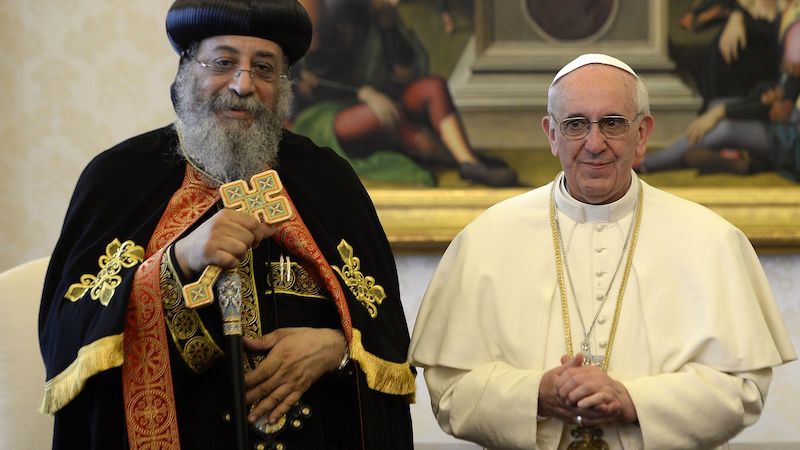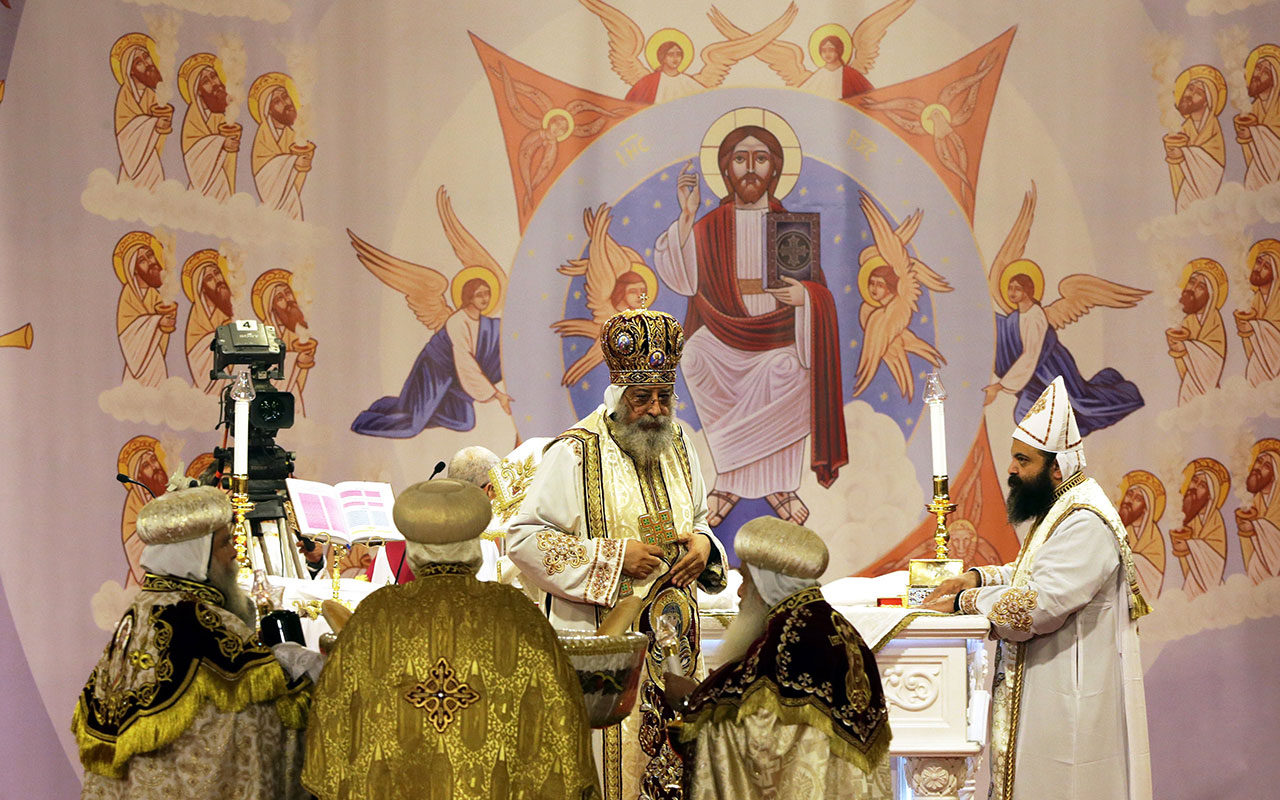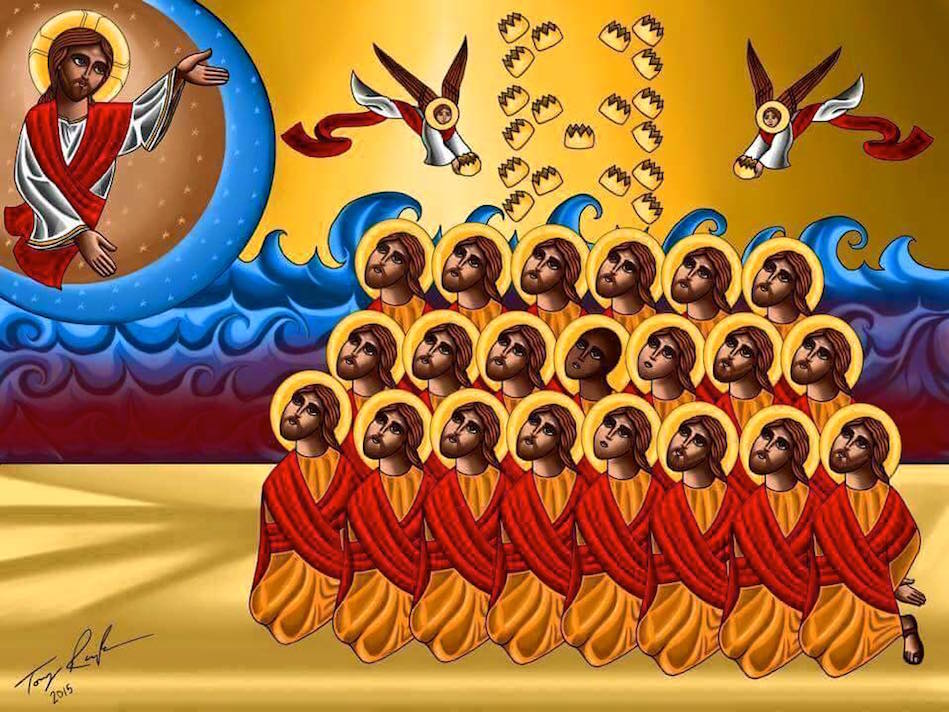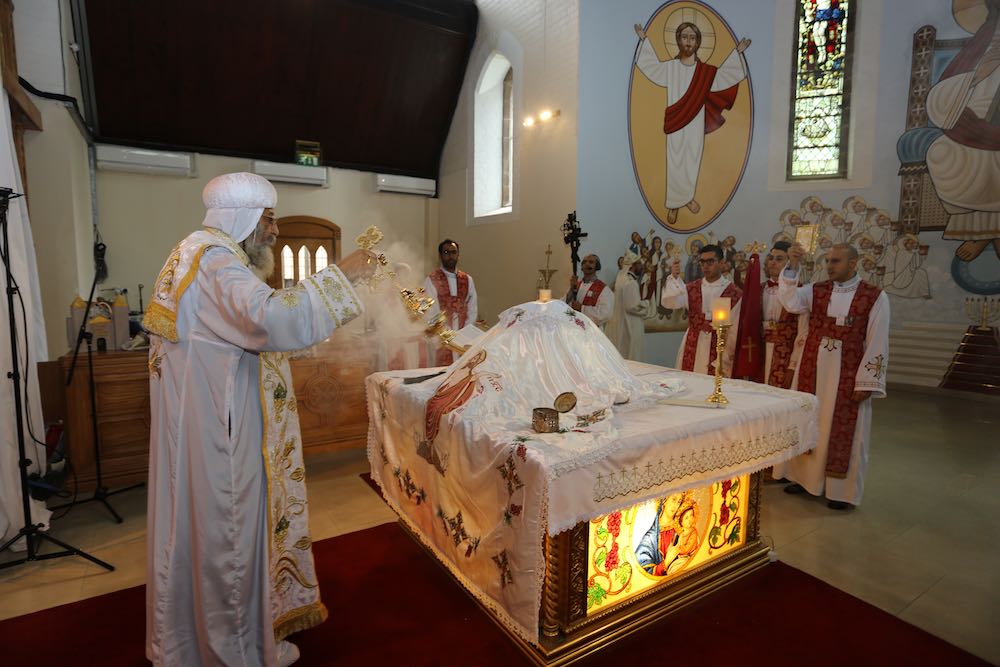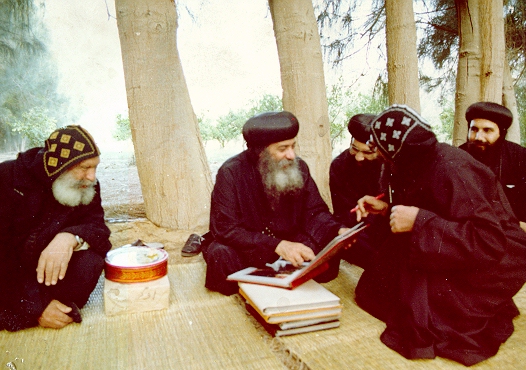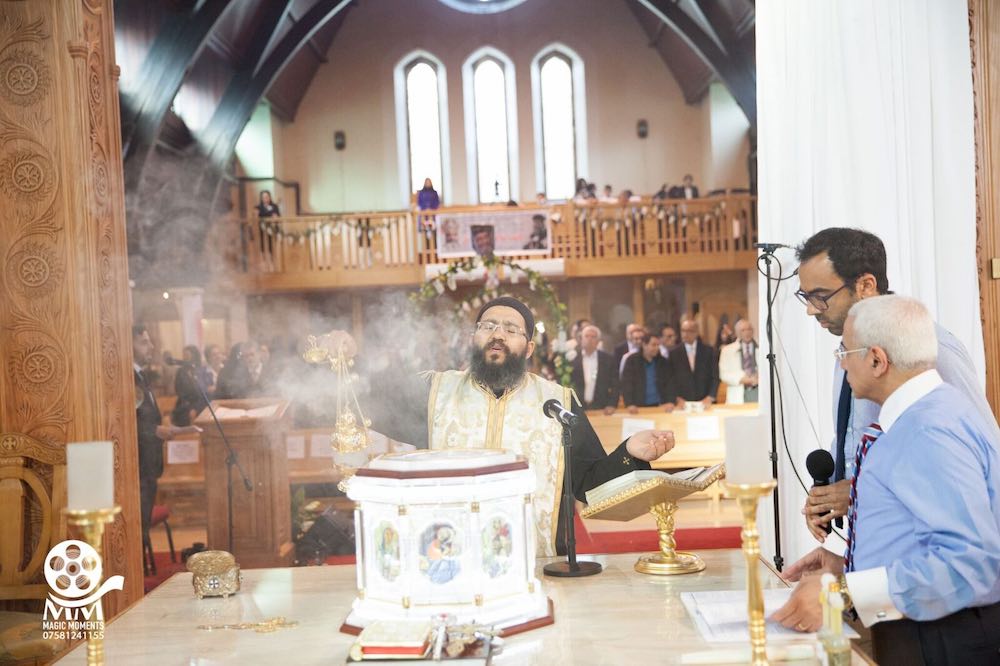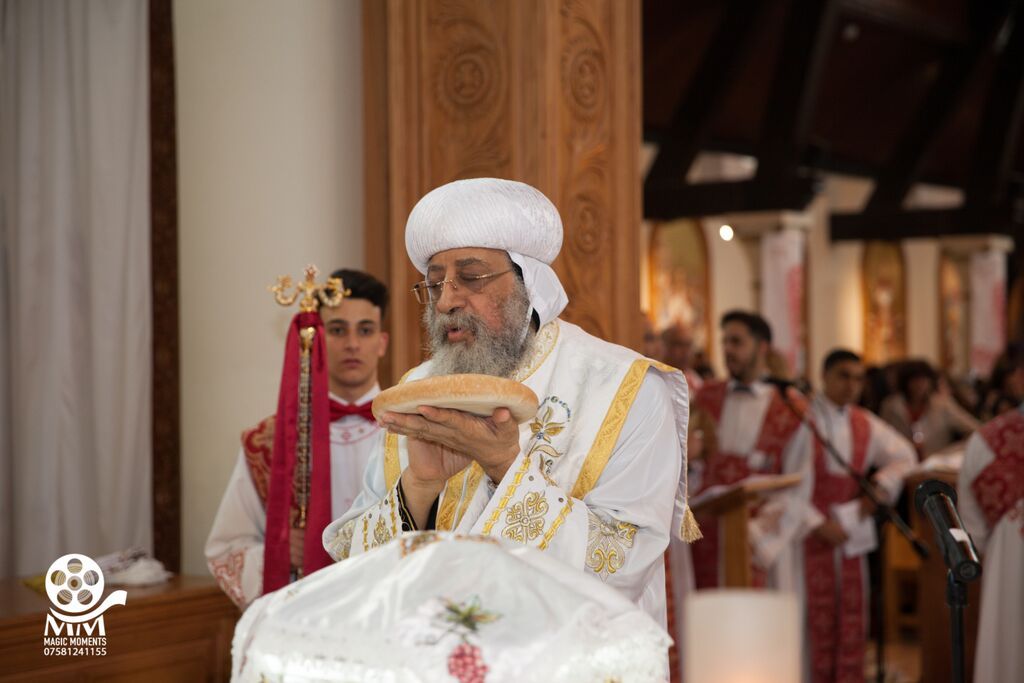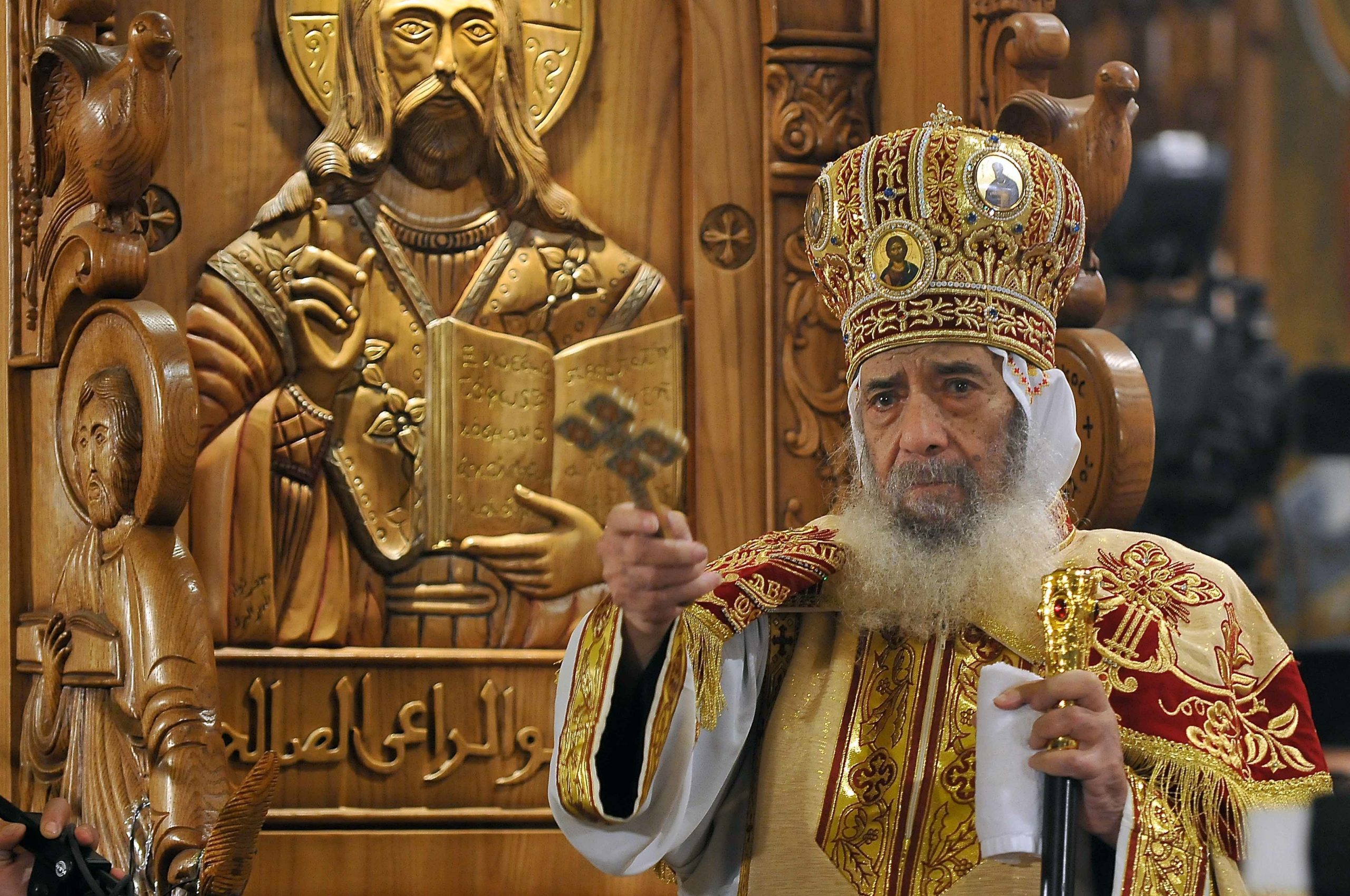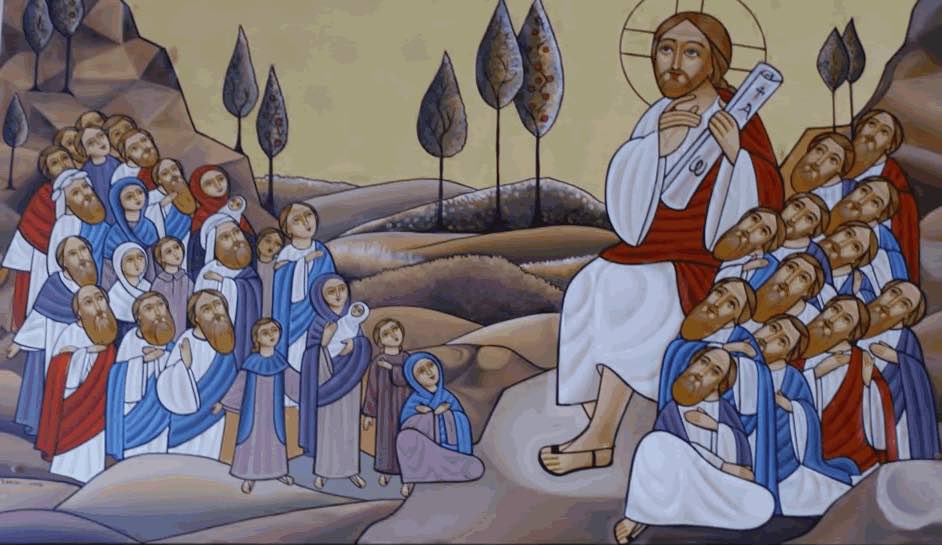The Holy Bible is the Word of God which, although was written down by many authors, it is through the divine inspiration of the Holy Spirit, “All Scripture is given by inspiration of God” (2 Tim 3:16). The Holy Bible is one story revealing God’s love for humanity throughout history. It is split into the Old Testament (before the coming of Jesus Christ), and the New Testament (which records His life and the birth of the Church).
Orthodoxy believes in the Holy Bible being the basic source of faith which is supplemented by the Holy Tradition. Holy Tradition is the part of the Church and Her teachings which are not found in the Holy Bible but which are genuine and have equal authority and truth.
St. Paul refers to the Holy Tradition in his second epistle (letter) to the Thessolonians, “Therefore brethren, stand fast to the traditions which you were taught, whether by word or by epistle.” (2 Thess. 2:15); and “But we command you, brethren, in the name of our Lord Jesus Christ, that you withdraw from every brother who walks disorderly and not according to the tradition which he received from us.” (2 Thess. 3:15). It is also mentioned in the Book of Acts as the apostles doctrine, “And they continued steadfastly in the apostles’ doctrine and fellowship, in the breaking of bread, and in prayers.” (Acts 2:42). This doctrine is what was revealed by our Lord to the disciples after His Resurrection, which St. John refers to “And there are also many other things which Jesus did, which if they should be written every one, is suppose even the world could not contain the books that should be written.” (John 21:20)
“In order to be part of the Holy Tradition, a teaching must come from God and belong to the teachings of Christ and the Holy Apostles, it must have been continuously taught and practiced and kept alive by the Church, confirmed by the Ecumenical Councils and still exist today.” (Amir Hanna). A large part of the tradition is found in the writings of the early church fathers, the ritual books and the creeds of the councils.


